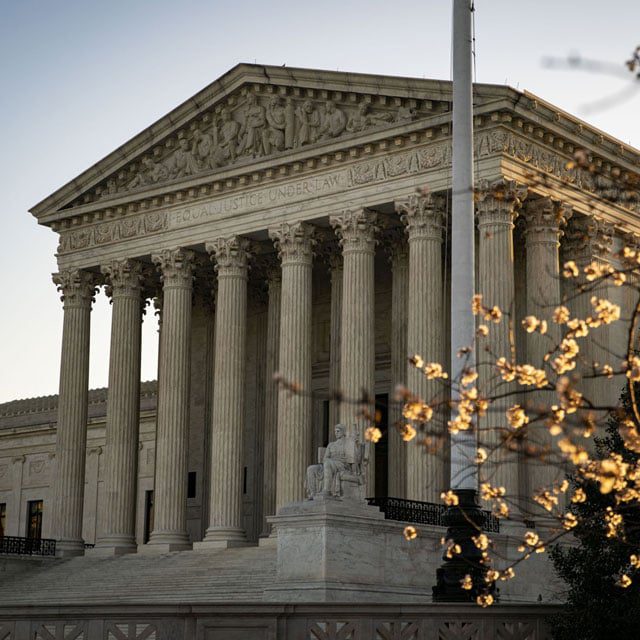Supreme Court Ruling, Criminal Trial Shake Up Insider Trading: SEC Roundup

Welcome to SEC Roundup, a bimonthly video series by former Securities and Exchange Commission senior trial counsels Nick Morgan and Tom Zaccaro, founders of the nonprofit advocacy group Investor Choice Advocates Network.
In this episode, Morgan and Zaccaro talk with Peter Altman, a former SEC enforcement attorney who’s now a partner with Akin Gump, about the SEC’s rule on insider sales of company stock — Rule 10b5-1 — and its implications in light of recent enforcement actions and a Supreme Court decision.
Altman provides an overview of a recent criminal insider trading verdict involving Rule 10b5-1.
The DOJ recently secured a conviction against an executive who used 10b5-1 plans to avoid losses before the disclosure of negative news about his company.
The case is notable because the trades were conducted through 10b5-1 plans, which are typically used by company insiders to trade securities based on predetermined conditions, supposedly providing a safe harbor from insider trading allegations. However, the executive adopted these plans while in possession of material nonpublic information (MNPI), thus violating insider trading laws.
Zaccaro connects the issue to the Supreme Court’s recent decision in Loper Bright Enterprises v. Raimondo, in which the court ruled against Chevron deference, which has historically allowed courts to defer to a federal agency’s reasonable interpretation of ambiguous statutory provisions. This decision is poised to significantly impact SEC enforcement of Rule 10b5-1.
See the video for the discussion with Altman.




